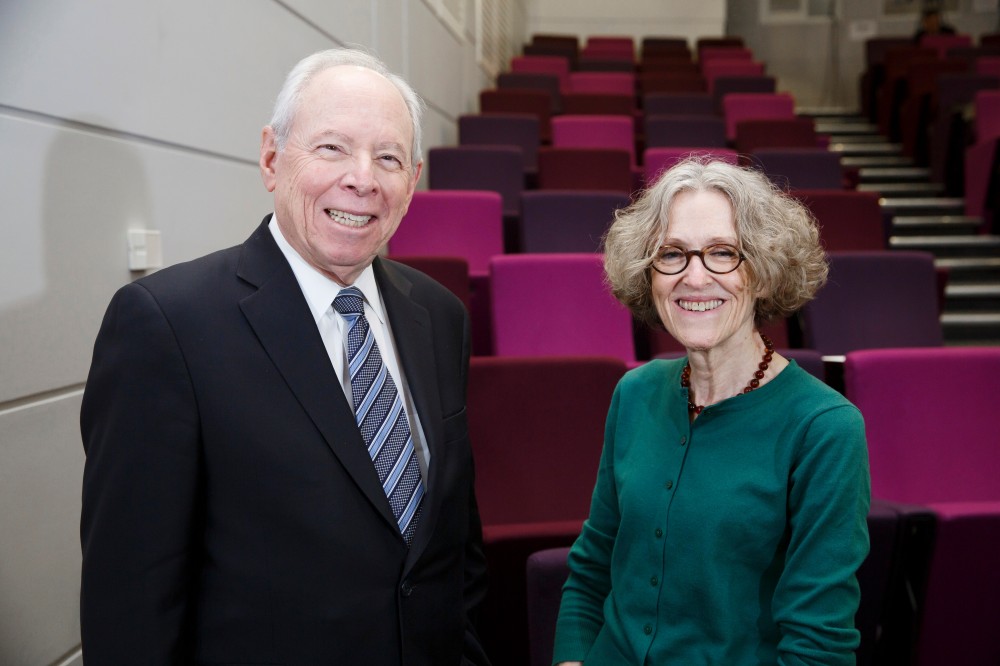
”The single most important intervention for changing behavior is to understand that there is no single most important intervention.”
The US National Academy of Medicine and UK Academy of Medical Sciences partnered earlier this year to explore how behavior change can improve population health for all.
The 2019 Richard and Hinda Rosenthal Symposium, held for the first time outside the United States of America, focused on how cutting-edge neurobiology and behavior change interventions can lead to healthier choices around food choice and use of alcohol, tobacco and other drugs, and better policies to improve health and health equity.
Dr Alan Leshner and Professor Dame Theresa Marteau DBE FMedSci, co-Chairs of the event, said:
 “Many nations still struggle with increased rates of obesity and poor health that stem from health-related behaviors, such as smoking.
“Many nations still struggle with increased rates of obesity and poor health that stem from health-related behaviors, such as smoking.
Many of these behavior, and their associated consequences, remain socially patterned.
“Through the day’s presentations and discussions, we heard from a diverse range of scientists about cutting-edge research on the neurobiology of behavior and decision-making. We are delighted that participants acknowledged the immense potential of basic research to inform the development and implementation of effective interventions to improve health and health equity.”
The 2019 Richard & Hinda Rosenthal Symposium, ‘Behavior change to improve health for all.’ was held on 17 January 2019, co-hosted by the US National Academy of Medicine and the UK Academy of Medical Sciences. The Rosenthal discussion series is supported by the generosity of the Richard & Hinda Rosenthal Foundation to bring greater attention to critical health policy issues.
